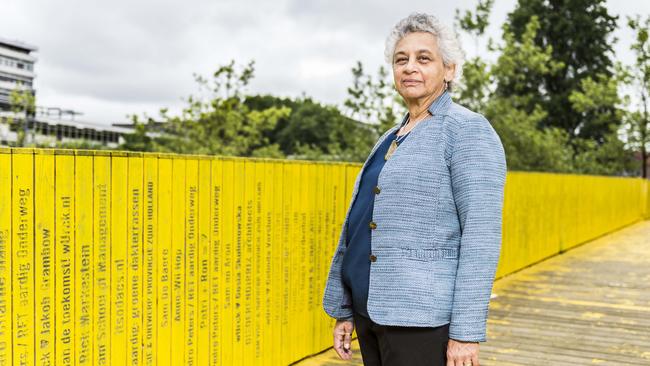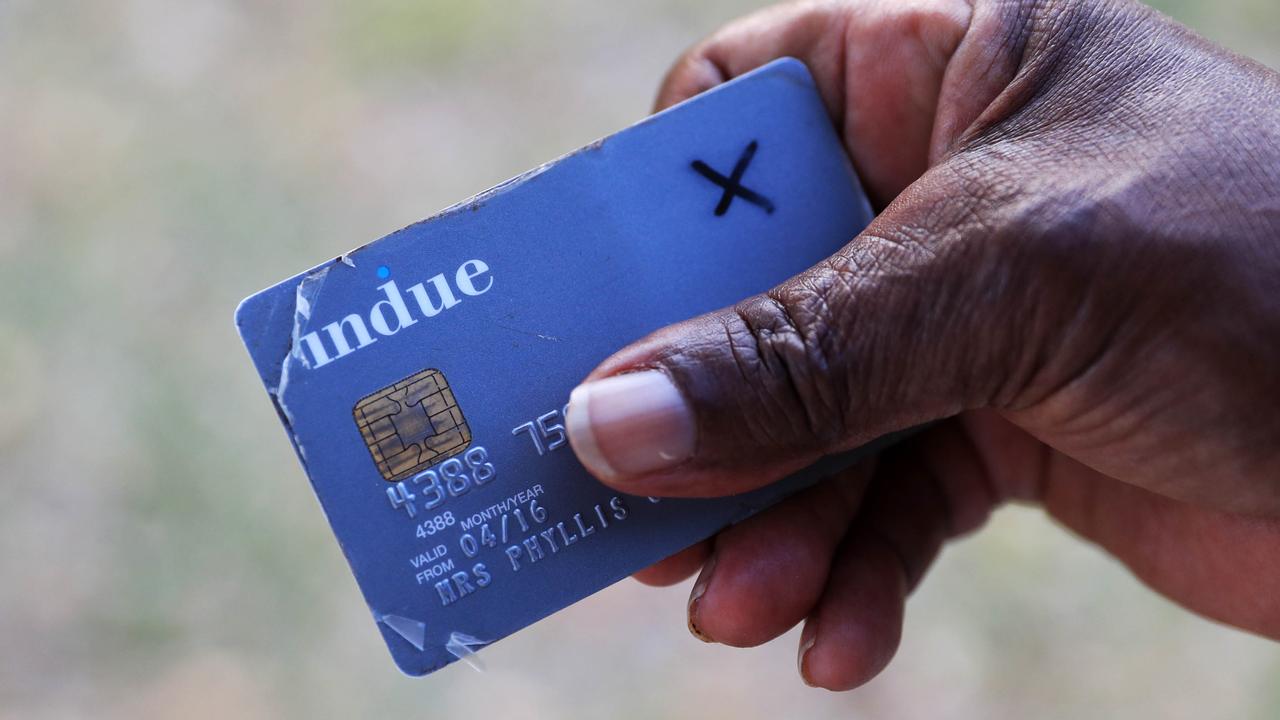First among equals hold to faith
Lilon Bandler was almost a teen when campaigning alongside her mother, Faith, for a Yes vote in the 1967 referendum.

Lilon Bandler was nearing her teens when she campaigned alongside her mother, Faith, for a Yes vote in the landmark 1967 referendum, held 50 years ago next weekend.
Born into a household steeped in activism, she descended from one of the immigrant kanaka labourers for whom discriminatory clauses were first included in the Australian Constitution.
Together with a generation of activists, she and her mother fought for equal rights for an outcast group now known more respectfully as the First Australians.
Now an associate professor of indigenous health at Sydney University, Dr Bandler said the ’67 referendum succeeded with record support (more than 90 per cent) because it was “unifying rather than divisive”. She mourns our current “politics of division”, and is pessimistic about the chances for even minimal constitutional change to succeed now.
“My gut feeling is that it wouldn’t … while there is a broad sense that there’s a wrong to be righted, there are also very loud voices that could campaign against constitutional change,” Dr Bandler said. “If that happened, I think in all likelihood a referendum would not pass.”
Technically, the fight in 1967 was for commonwealth power to make “special” laws for Aboriginal and Torres Strait Islander people, which the campaigners hoped would mandate broader societal shifts and bring about real equality over the longer term. It was a subtle sleight of hand but, for winning the referendum at least, it worked.
Faith Bandler died in 2015 with a string of honours to her name and the offer of a state funeral from then prime minister Tony Abbott. Lilon Bandler said it was hard for people living now to comprehend how different life was for Aborigines in 1967.
“I can remember my mother and her friends getting quite excited that there was any mention of Aboriginal and Torres Strait Islander people in the papers, going through those broadsheets and getting excited to find them,” Dr Bandler said.
Many Aborigines faced state-based restrictions on movement, marriage, child-rearing, property ownership, voting, drinking and wages. The ’67 referendum succeeded amid the ferment of the American Civil Rights movement, anti-apartheid protests and decolonisation in Asia and Africa. Australians recognised their Constitution was outdated and their country becoming isolated.
As the nation struggles toward another referendum, this time to recognise indigenous people in the Constitution, former campaigners say the mood is different now. Theresa French, who also fought for a Yes vote and who turned 21 days after the referendum, said: “People realised that there was inequality, and that didn’t sit well with their own identity as human beings.”
Australian referendums require a “double majority” — a majority of votes nationally and a majority of states — to pass; only eight of 44 held since Federation have been carried. Dr Bandler believes failure now could set the cause back decades.
The commonwealth power to make “special” laws for particular races was conceived for indentured workers such as the kanakas and excluded Aborigines at the time the Constitution was written. Since the ’67 changes were enacted, it has mainly been used to benefit indigenous groups.
During the ’67 referendum campaign, Ray Peckham was a builder’s labourer and unionist running errands and handing out flyers and posters around Sydney. He and Faith Bandler were part of the Federal Council for the Advancement of Aborigines and Torres Strait Islanders. After the vote, he organised meetings for the Aborigines Progressive Association. In 2013, he was named elder-in-residence at Charles Sturt University in Dubbo where he lives.
“The beauty of it (that campaign) was that we had a community power base, with the strength of the trade unions, the student unions, our council and the churches,” Mr Peckham said.
No similar organisation exists now. “Brick by brick, we have got to build that sort of organisation back up again,” he said.
Some activists say the extra rights won in 1967 did not go far enough, others are unhappy that social justice goals have not been met and that the “gap” remains unclosed. Asked whether Aborigines had the equality they fought for back in 1967, Ms French said: “If they make a choice to have it, they have it; but they still know that stigma of being second-class citizens.”
She means latent racism, but points to drugs, alcohol and welfare dependency, too. Fixes for such problems can “only come from people’s own commitment to making change”, she said.
Like other veteran campaigners, she is doubtful whether another round of constitutional change will deliver the “street level” improvements indigenous people most need. “You can have rules, but whether people adhere to those rules is another thing,” she said. “I don’t think (constitutional change) is the solution. Self-respect and people making choices — that’s how you deal with it. … When you have people that are born into a welfare income situation, how do you change that? How do you give them a better mental outlook?”
Mr Peckham would welcome an extension of indigenous rights but thinks treaties are not the answer: “I look at it this way: what did treaties do for our Indian cousins in America?”
Ms French stressed the “great sway” nationwide grassroots movements could have over policy, even where rule changes were relatively minor. She also recounted how one of her children overcame racism by setting an example as a teacher.
“That makes me as proud as anything. No constitution is going to give me that — that’s hard yakka, that’s the result of hard work, the achievement of me and my family,” Ms French said.









To join the conversation, please log in. Don't have an account? Register
Join the conversation, you are commenting as Logout